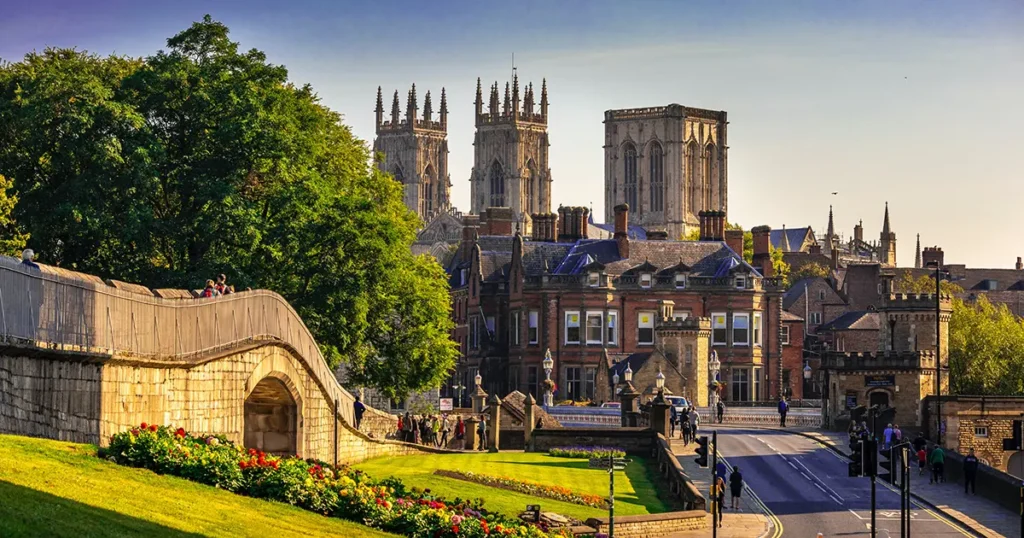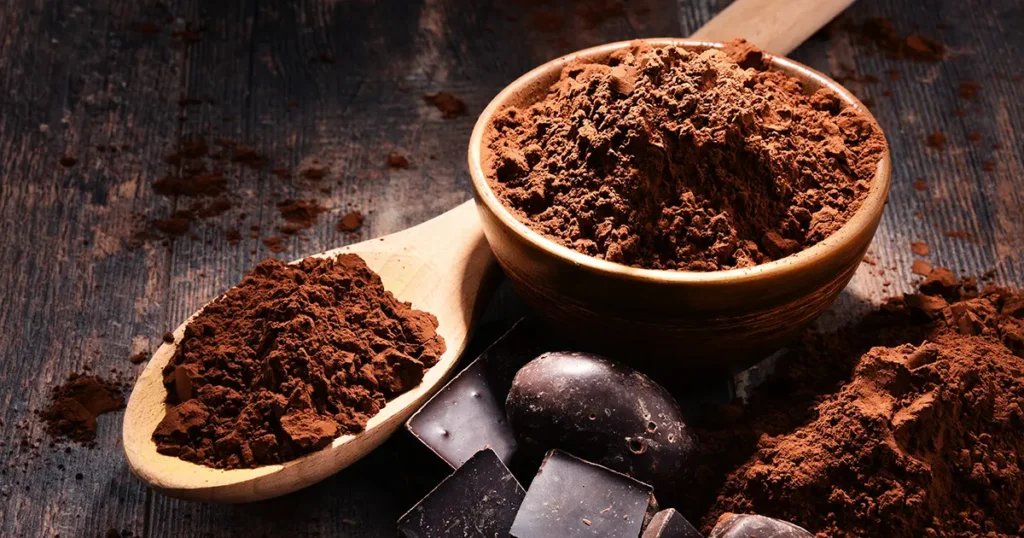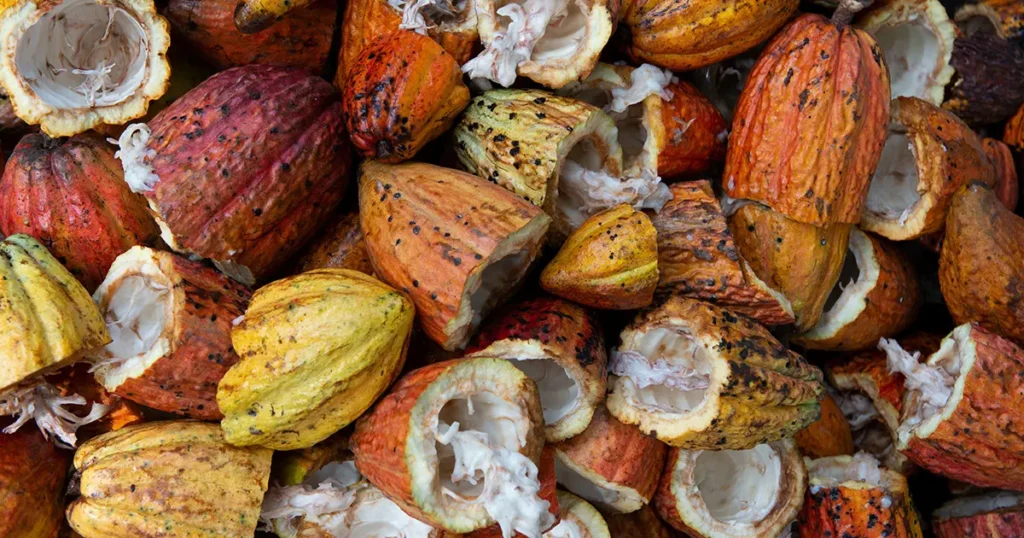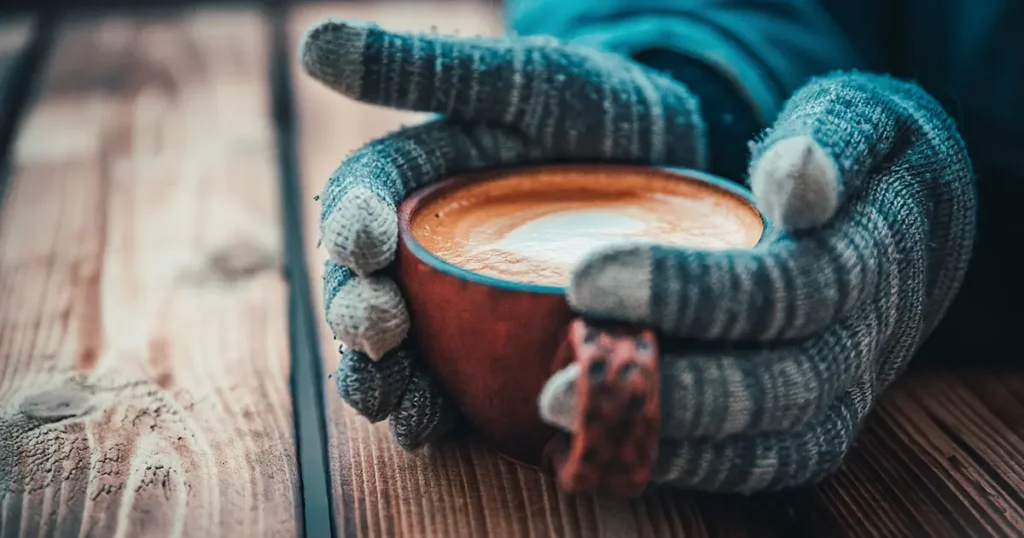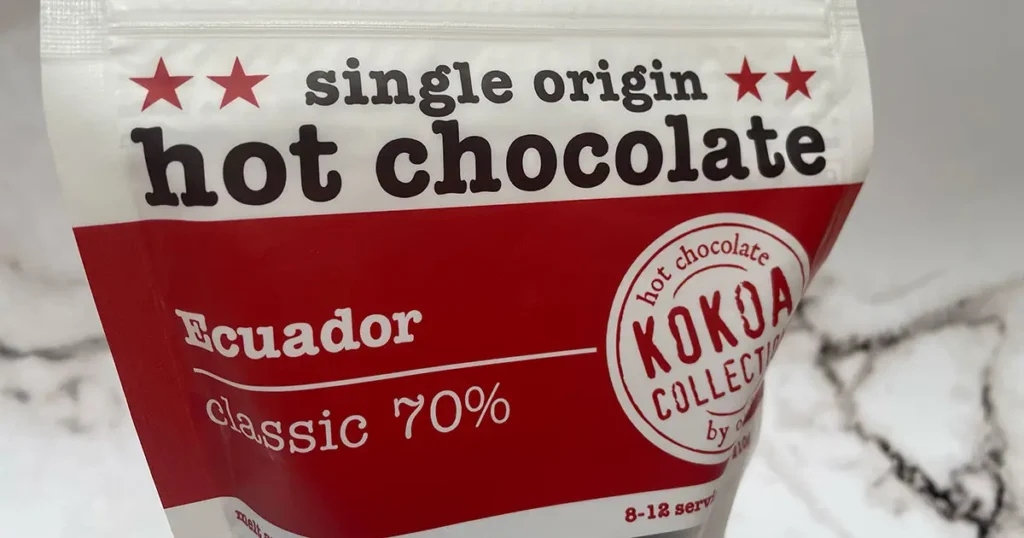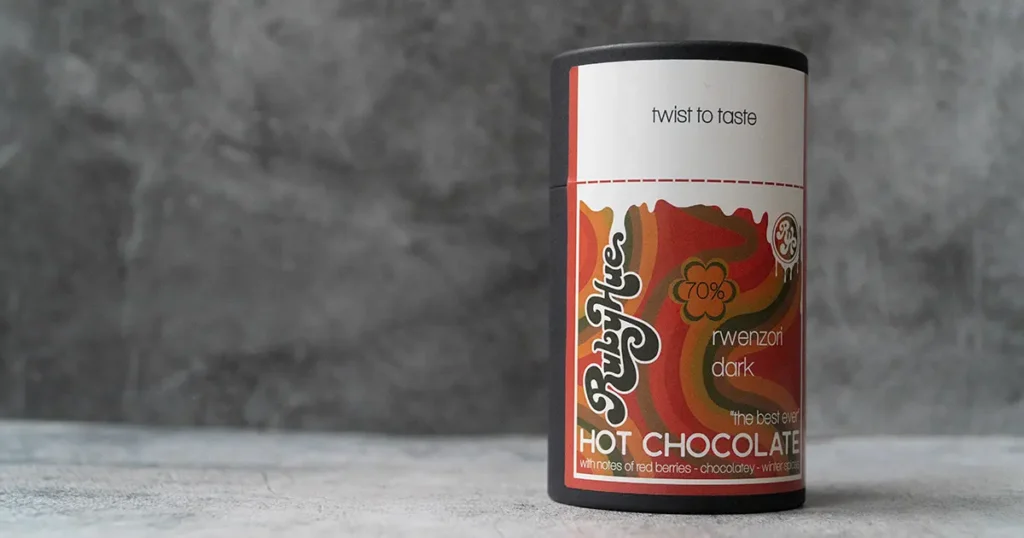Imagine curling up under a blanket with a steamy mug in hand, feeling the warmth spread throughout your body. That’s the power of a warm drink like hot chocolate. But there’s more to it than just warmth. Dive in, and let’s uncover why hot chocolate can lead to a peaceful night’s sleep.
The Importance of Sleep and The Widespread Deficit
Sleep is pivotal, acting as the essential restorative function our bodies and minds crave. It stands shoulder-to-shoulder with nutrition and exercise in its importance to our well-being.
Yet alarmingly, many in the UK are facing a sleep deficit.
A cocktail of reasons, from gruelling work commitments and ever-increasing screen engagements to more complex sleep disorders, is to blame.
A report by The Sleep Charity reveals that nearly a third of Brits are to get a good nights rest on a regular basis.
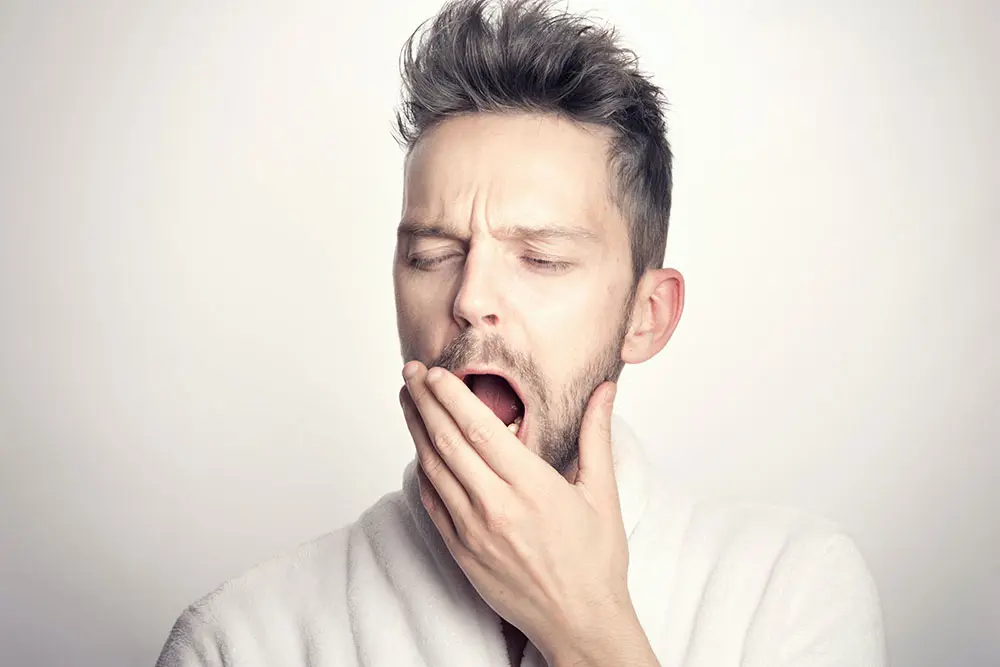
The consequences? They stretch beyond mere tiredness, impacting our overall health.
But what if the remedy, or at least a helper, lies in that steaming mug of cocoa?
Let’s delve into why hot chocolate might just be the bedtime companion we’ve been overlooking.
Hot Chocolate’s sleepy embrace
Picture this: a brisk winter evening, the crackling of a fireplace, and a mug of hot chocolate warming your hands.
A scene familiar to many, whether in a bustling London café or one’s own cosy lounge.
For generations, hot chocolate has been the go-to drink for comfort and warmth, but there’s a little secret it seems to carry – a gentle tug towards drowsiness.
Many people adore teas and brews, yet there’s something uniquely soporific about this cocoa-filled delight.
Ever wondered why this particular drink has this effect?
Well, let’s set out on an exploration, delving into the heart of hot chocolate’s sleepy embrace and unveiling the science behind why hot chocolate make you sleepy.
Understanding Sleepiness
We’ve all been there: mid-afternoon lulls, a post-lunch desire to nod off, or the overwhelming urge to shut our eyes after a taxing day.
But what’s the science behind this universal feeling of sleepiness?
Sleepiness isn’t just about being tired; it’s a complex interplay of biological triggers and environmental influences.
Diving into the biology of it, our brains produce a chemical called adenosine.
As the day progresses, adenosine levels rise, leading to an increased urge to sleep.
Once we do hit the sack, these levels drop, priming us to wake up refreshed. This mechanism, coupled with our circadian rhythm – our body’s internal clock – ensures we get the rest we need.
Yet, it’s not all internal. A myriad of external factors can usher in that sleepy feeling.
Dim lighting, a hearty meal, or even a mundane meeting can spark off those yawns.
Certain foods and drinks, such as our beloved hot chocolate, also play a role.
Our body’s response to these factors is both fascinating and essential, paving the way for a better understanding of our sleep health.

Cocoa: Nature’s Relaxant
For many of us, cocoa might just be synonymous with decadent desserts and comforting drinks.
But delve a little deeper, and you’ll find that this delightful ingredient harbours secrets far beyond its rich taste.
At its core, cocoa is packed with bioactive compounds, some of which have intriguing effects on our mood and relaxation.
Flavonoids
Among the myriad of compounds in cocoa, flavonoids are the stars of the show.
These naturally occurring compounds have been linked to a host of health benefits, including promoting heart health and reducing inflammation.
But more interestingly, they play a role in our brain’s function.
Flavonoids facilitate the production of nitric oxide, which leads to vasodilation, effectively increasing blood flow to the brain.
This uptick in blood flow can have mood-enhancing effects, laying the groundwork for relaxation and calm.
Serotonin
Now, let’s chat serotonin – often dubbed the ‘feel-good’ neurotransmitter.
Cocoa can give it a nudge.
Tryptophan, an amino acid found in cocoa, is a precursor to serotonin. When we consume cocoa, our body gets a dose of tryptophan which can subsequently boost serotonin production.
Elevated serotonin levels are often associated with better mood and, you guessed it, relaxation.
So, the next time you sip on that cocoa-rich drink, know that it’s not just indulgence; it’s a cup of nature’s very own chill pill.
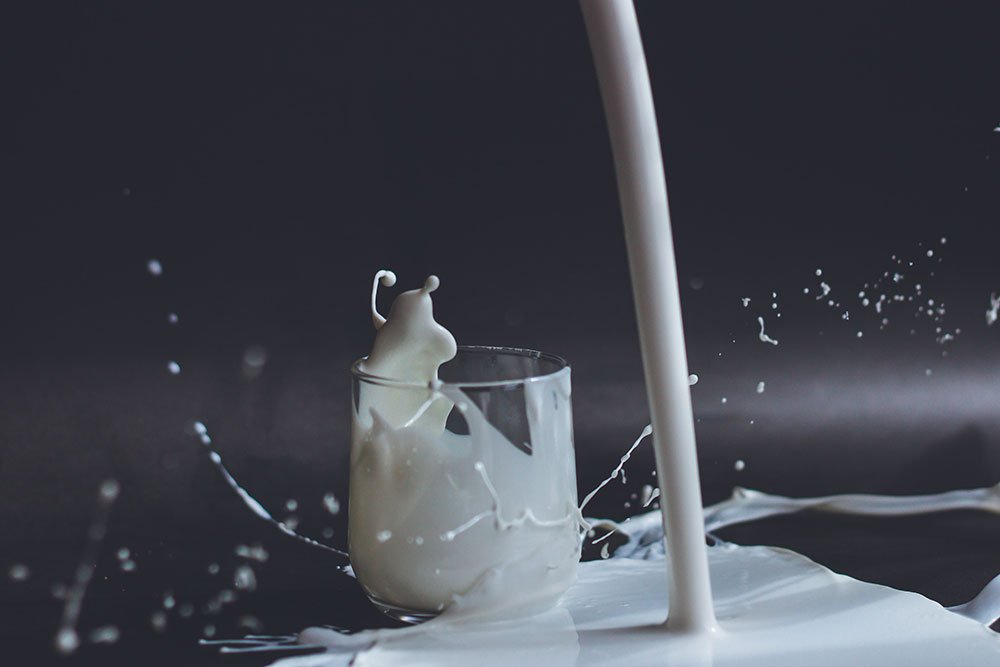
Milk: More than Just Creaminess
When most of us think of milk, it conjures up images of creamy lattes or perhaps a soothing bedtime drink.
Yet, beneath its smooth texture, milk has an array of components working behind the scenes, particularly when it comes to influencing our sleep.
Tryptophan
First up is our old friend, tryptophan.
This essential amino acid, found in generous amounts in milk, serves as a precursor to the neurotransmitter serotonin. As discussed earlier, serotonin is integral to mood regulation and subsequently, to the production of melatonin, the hormone responsible for regulating sleep.
Thus, a dose of tryptophan from your nightly milk might just set the stage for a serene night’s rest.
But that’s not milk’s only claim to sleep fame.
Calcium
Enter calcium, an often-underrated mineral when discussing sleep.
Recent studies suggest that calcium plays a pivotal role in the production of melatonin.
In essence, calcium helps our brain use the tryptophan to manufacture melatonin. So, while milk brings comfort in its warmth and texture, it’s also arming our body with the tools needed for a peaceful slumber.
The Science Behind Temperature and Sleepiness
Warmth has a peculiar way of comforting us, like a gentle embrace on a wintry evening. It’s more than just a pleasant sensation; there’s a scientific interplay between warmth and our physiology.
When our skin senses warmth, it signals the brain to dilate blood vessels, a process known as vasodilation.
This increased blood flow helps in dissipating heat from our body’s core to its surface, subtly lowering our core body temperature.
Interestingly, a decrease in core body temperature is one of the triggers that signal to our brain that it’s time to sleep.
In essence, the external warmth of a drink or blanket can indirectly coax our internal systems towards rest.
The Psychological Aspects
Often, our minds tether certain sensations and routines to memories and feelings.
A warm drink in hand, especially in a snug setting, can evoke associations of safety, comfort, and relaxation.
This isn’t just nostalgia playing its part; it’s grounded in psychology.
Associative learning, where our brain links stimuli (like hot chocolate) with responses (feeling cozy), plays a role here.
Moreover, rituals, be it bedtime reading or a nightly brew, create predictability.
This routine can act as a cue for our body and mind, signalling that it’s time to wind down, preparing us for a night of restorative sleep.
Combining Factors: A Perfect Sleep Elixir
Hot chocolate isn’t just cocoa and milk; it’s an alchemy of warmth, taste, and psychological comfort.
While each ingredient and sensation might have its role in inducing sleepiness, their combined effect is where the magic truly lies.
Compare it to other sleepy-time drinks like chamomile tea.
While chamomile has its calming compounds, it lacks the creamy texture and rich flavour profile of hot chocolate.
So, while many drinks can guide us towards slumber, hot chocolate stands out with its unique concoction of physiological, psychological, and sensory ingredients, crafting what might just be the perfect sleep elixir.
Making the Perfect Sleep-Inducing Hot Chocolate
Crafting the ultimate sleep-inducing hot chocolate goes beyond just mixing cocoa and milk.
Prioritise quality ingredients: opt for dark cocoa rich in flavonoids and consider adding a dash of cinnamon or a hint of vanilla to elevate both flavour and relaxation properties.
Whole milk provides the added benefit of tryptophan, setting the stage for serotonin production.
As for the temperature, aim for a cosy 70°C – hot enough to induce that warming sensation but not scalding, ensuring you relish every sip.
Give it a good 3-4 minutes of stirring and simmering, allowing the ingredients to meld perfectly, and then it’s time to savour your bedtime brew.

Dietary Considerations
Even if you’re lactose intolerant or leaning towards vegan choices, you don’t have to forgo the ritual of a night-time hot chocolate.
Almond milk, oat milk, and soy milk are brilliant alternatives, each bringing its unique texture and flavour profile. Intriguingly, almond milk contains magnesium which can further aid in muscle relaxation and sleep.
For the cocoa, ensure you select a dairy-free, high-quality variant.
Add-ins like a sprinkle of nutmeg or a drop of almond essence can enhance both taste and the sleep-promoting benefits.
Pacing Your Consumption
Timing is everything.
Enjoying your hot chocolate about 30 minutes to an hour before bed can set the stage for a peaceful night.
This window allows the body to experience the warmth and absorb the beneficial compounds, optimally prepping you for slumber.
However, moderation is key.
Too much of any beverage before bedtime can lead to frequent toilet trips in the night, disrupting your sleep cycle.
It’s all about finding that sweet spot between indulgence and restraint.
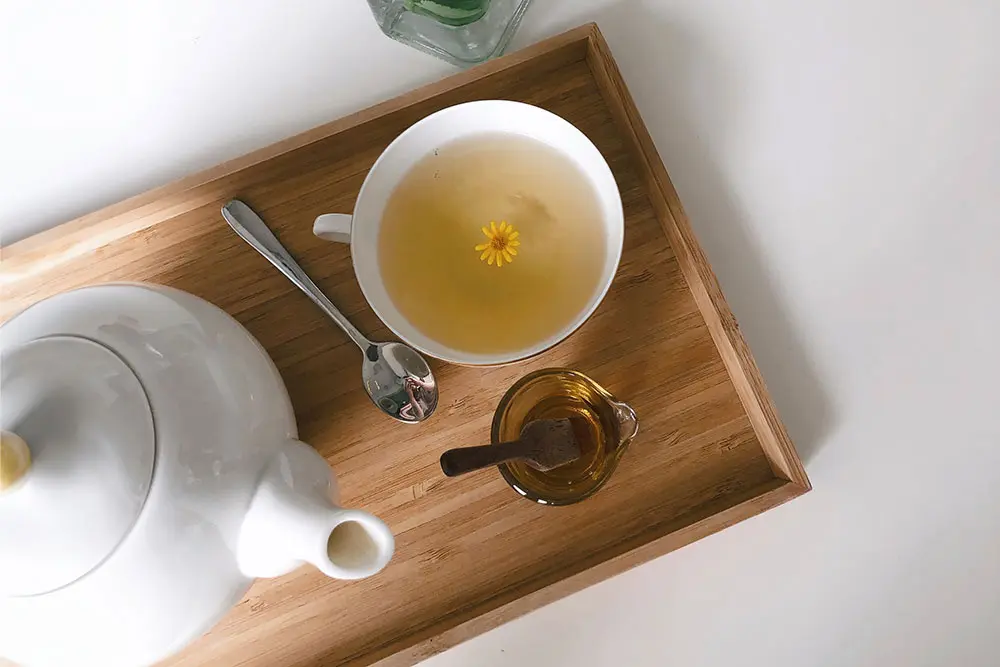
Hot Chocolate vs. Other Beverages
In the quest for the best bedtime drink, several contenders rise to the fore.
Herbal teas, like chamomile and valerian root, are revered for their calming properties.
Coffee, on the other hand, is a clear no-no near bedtime due to its caffeine content.
When juxtaposing hot chocolate with other beverages, it holds its ground not just with its physiological benefits but also its emotional resonance.
The rich creaminess, the nostalgic aroma, and the multifaceted sleep-inducing components arguably make hot chocolate a front runner in the race to be the ultimate sleep inducer.
But, as with all things, personal preferences and individual body responses play a vital role, so it’s all about finding what works best for you.
Conclusion: Why Hot Chocolate Makes You Sleepy
Hot chocolate, with its rich symphony of flavours and warmth, is more than just a drink; it’s an experience, a ritual, a gentle nod to the child within us that craves comfort.
Its unique combination of ingredients, temperature, and nostalgia offers a holistic approach to relaxation, proving that sometimes, the simplest pleasures can offer profound effects.
Yet, while hot chocolate stands tall in the realm of comforting nightcaps, it’s essential to remember that everyone’s comfort zone is unique.
What soothes one might not resonate with another. Therefore, in the journey towards better sleep and tranquillity, it’s crucial to explore and identify one’s own rituals and practices.
In the end, whether it’s hot chocolate, a cup of herbal tea, or just a book under dim light, it’s the essence of the ritual, the pause it provides in our bustling lives, that truly matters.
Embrace it, cherish it, and let it guide you to nights of peaceful slumber.

